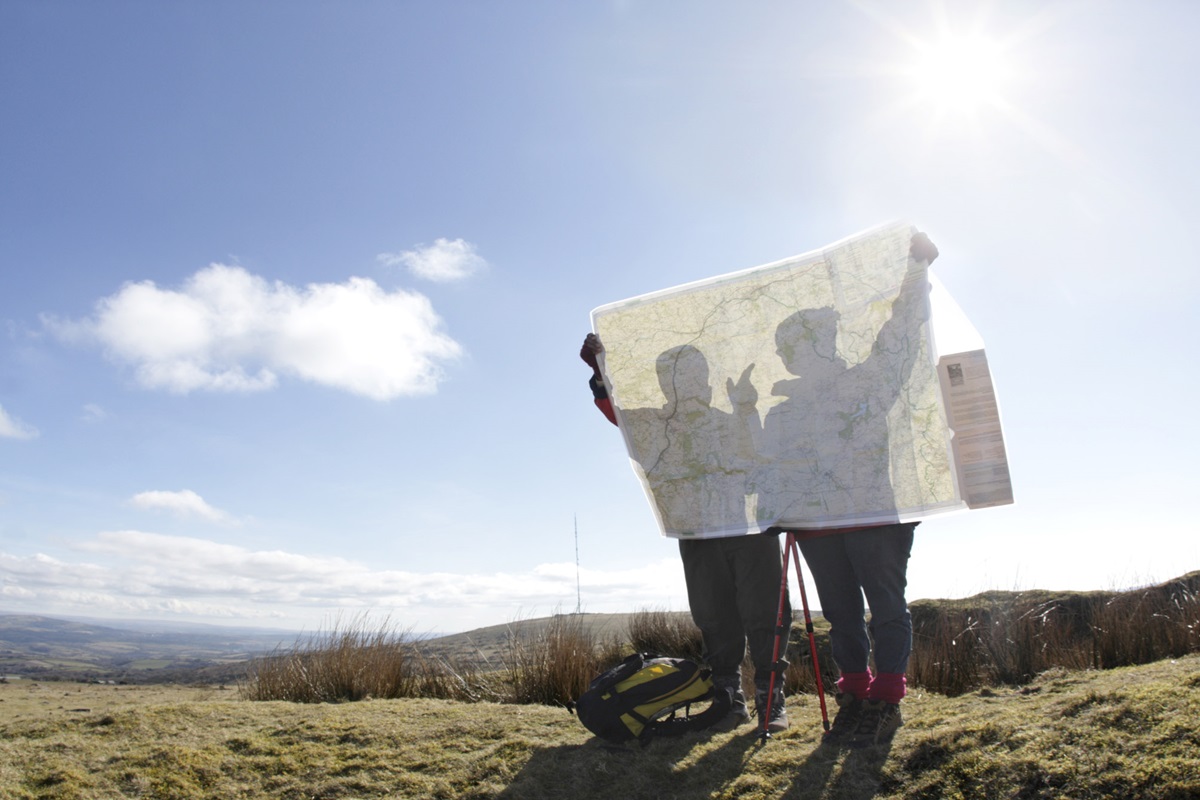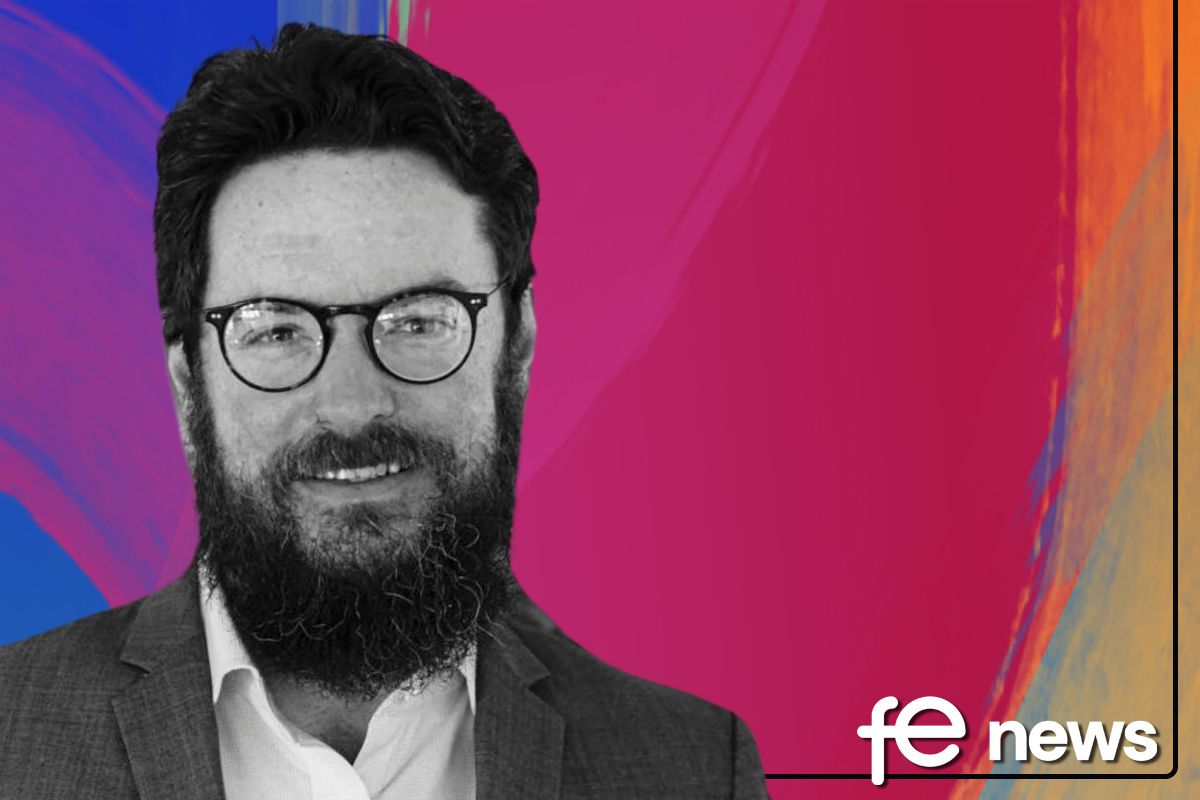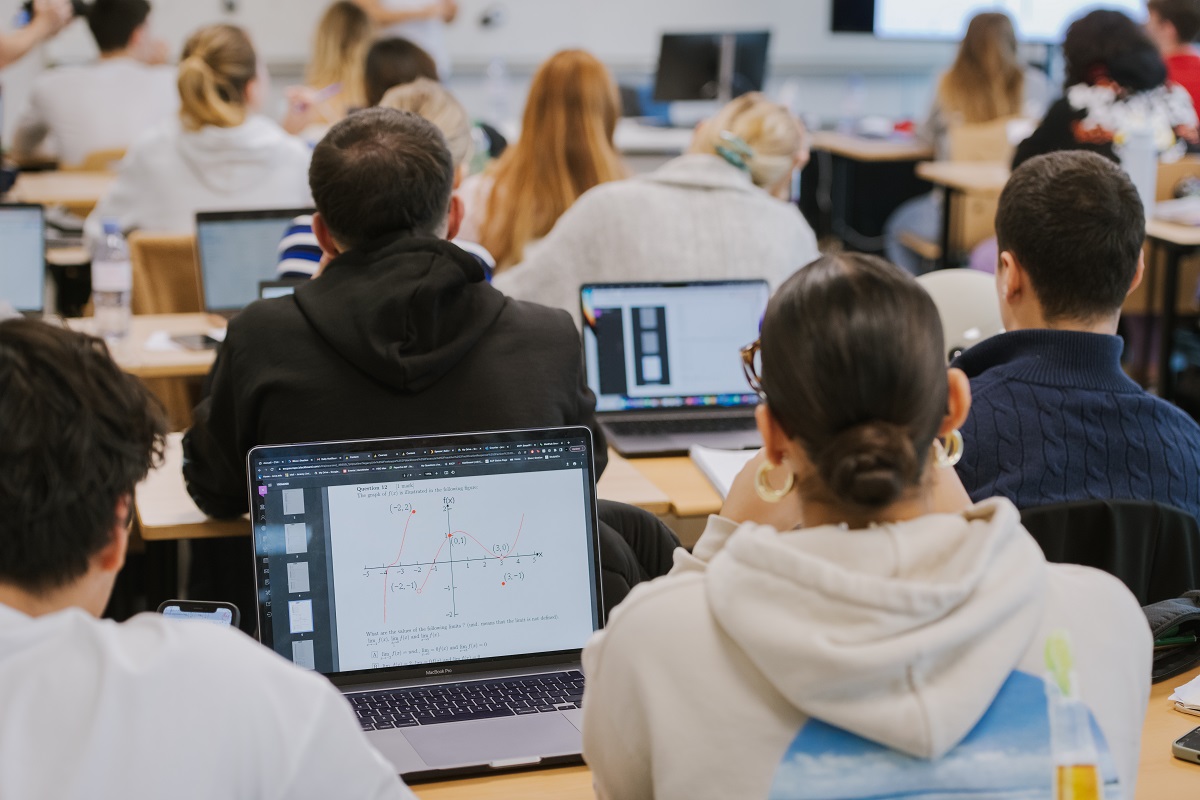Revolutionising Education: Blockchain’s Transformative Impact on Learning and Credentials

Richard Foster-Fletcher explores blockchain’s impact on education, focusing on revolutionising credential verification, lifelong learning and fraud prevention. Highlighting examples from MIT and Woolf University, the article addresses technological challenges while inviting wider audience to reflect on ethical implications, promoting a balanced view on enhancing educational integrity and accessibility through blockchain.
Blockchain in Education: Navigating Between Promise and Pragmatism
In the academic discourse surrounding blockchain’s incursion into the education sector, the dialogue oscillates between heralding a new era of immutable record-keeping and tempering expectations with critical scrutiny. The intricate nature of this technology, often associated with cryptocurrencies, harbours a broader utility spectrum, particularly in credential verification, lifelong learning platforms, and the mitigation of fraud within the academic sphere.
Analyses from sources such as XEROF, Reintech, and What After College offer a granular examination of blockchain’s practicality in education, detailing its capacity to engender a secure, transparent certification ecosystem. This technological intervention, by design, eschews centralised control, positing a paradigm where academic achievements are indelibly recorded on a decentralised ledger. Such a mechanism inherently buttresses the integrity of academic credentials, facilitating their seamless verification whilst obviating the propensity for fraudulent misrepresentation.
Concomitantly, the conversation is punctuated by critical considerations of blockchain’s limitations and the propensity for overzealous extrapolations of its potential. The technology, while formidable in addressing certain inefficiencies, is not without its challenges—scalability, energy consumption, and the requisite for broad-based adoption being paramount among them. This nuanced discourse necessitates an appreciation of blockchain’s incremental benefits to the education sector rather than an uncritical acceptance of it as a panacea.
Ethical and Practical Considerations in Blockchain’s Integration into Education
The engagement of the scientific community with blockchain in education transcends mere technological adoption; it invites a reflection on the ethical, logistical, and pedagogical implications of integrating such a paradigm-shifting technology. As the media continues to chronicle this technological evolution, it bears the responsibility of fostering an informed, balanced narrative that privileges evidence over hyperbole. This endeavour ensures that the discourse surrounding blockchain in education is both comprehensive and grounded, providing a foundation upon which informed decisions regarding its integration into educational frameworks can be made.
In the pursuit of delineating the impactful application of blockchain technology within the further education sector, let us examine three use cases that underscore the transformative potential of blockchain in reshaping educational paradigms.
- Immutable Academic Credentials: The Massachusetts Institute of Technology (MIT) has embarked on an initiative that leverages blockchain technology to issue digital diplomas to its graduates. This pioneering approach not only streamlines the verification process for employers and other institutions but also empowers students with permanent, tamper-proof access to their academic achievements. The blockchain-based system, dubbed ‘Blockcerts’, stands as a testament to how blockchain can revolutionise the management and authentication of academic records, ensuring their integrity and accessibility in perpetuity.
- Decentralised Learning Platforms: Woolf University, touted as the first blockchain-powered university, exemplifies the innovative deployment of blockchain in creating a decentralised educational ecosystem. By utilising smart contracts, Woolf University automates administrative tasks, facilitates direct engagement between students and educators, and ensures rigorous attendance and grading protocols. This model not only enhances operational efficiency but also fosters a global, borderless academic community, democratising access to quality education.
- Credential Verification and Lifelong Learning: The Learning Machine, in collaboration with the government of Malta, has implemented a blockchain-based system for the verification of academic and occupational credentials. This initiative enables individuals to securely store, share, and manage their educational records, facilitating lifelong learning and career development. The system exemplifies how blockchain can be harnessed to create a cohesive, transparent framework for credential verification, significantly reducing the potential for fraud and streamlining the recognition of qualifications across borders.
These use cases exemplify the far-reaching implications of blockchain in further education, heralding a future where educational achievements are securely recorded, effortlessly verified, and universally recognised. Through these innovations, blockchain technology is not merely an adjunct to existing educational frameworks but a pivotal force in redefining them, ensuring that learning is a continuous, accessible, and verifiable journey for individuals across the globe.

FE News on the go
Welcome to FE News on the Go, the podcast that delivers exclusive articles from the world of further education straight to your ears.
We are experimenting with Artificial Intelligence to make our exclusive articles even more accessible while also automating the process for our team of project managers.
In each episode, our thought leaders and sector influencers will delve into the most pressing issues facing the FE.











Responses